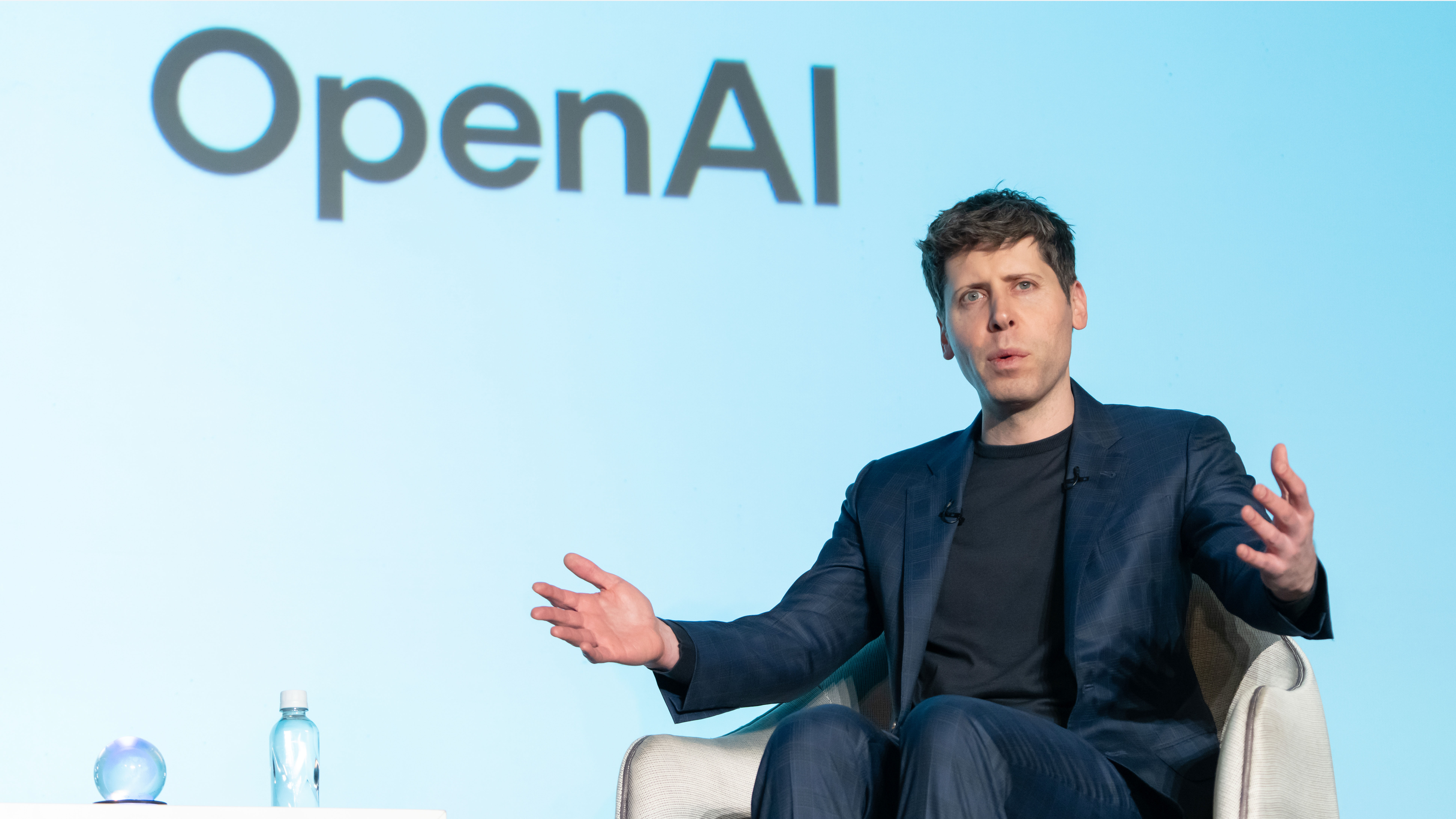OpenAI's Social Network: The Why Behind the Buzz
The tech world is abuzz with whispers of a potential OpenAI social network. While no official announcement has been made, the speculation alone is enough to ignite intense debate and analysis. This article delves into the why behind the rumors, exploring the potential motivations, benefits, and challenges of such a venture.
The Driving Forces Behind OpenAI's Potential Social Network
Several factors point towards a possible OpenAI foray into social media:
-
Data Acquisition: OpenAI thrives on massive datasets to train its AI models. A social network would provide an unparalleled stream of user-generated content, encompassing text, images, and videos – a goldmine for refining AI capabilities in natural language processing, image recognition, and more. This data could significantly enhance the performance of existing models like GPT-4 and potentially lead to breakthroughs in AI safety and alignment research.
-
Direct User Feedback: Currently, OpenAI relies on feedback loops involving user interactions with its APIs and products. A dedicated social network would offer a more direct and immediate channel for user feedback, allowing for faster iteration and improvement of its AI models. This real-time interaction could accelerate the development cycle and ensure the technology remains relevant and user-friendly.
-
AI-Powered Social Experience: OpenAI could leverage its expertise to create a social media platform fundamentally different from existing ones. Imagine a platform where AI helps curate content, facilitates meaningful conversations, and combats misinformation with unprecedented efficiency. Features like AI-powered translation, personalized content recommendations based on nuanced understanding, and sophisticated moderation systems could redefine the social media landscape.
-
Competitive Landscape: The dominance of established social media giants like Meta and X (formerly Twitter) raises questions about the need for alternatives. An OpenAI social network could present a compelling counterpoint, emphasizing privacy, data security, and responsible AI usage – concerns often raised about existing platforms.
Challenges and Potential Pitfalls
The path to a successful OpenAI social network is fraught with challenges:
-
Data Privacy and Security: Handling user data responsibly is paramount. OpenAI would need to implement robust security measures and transparent data policies to maintain user trust, especially given the sensitive nature of social media interactions.
-
Content Moderation: Moderating a platform fueled by user-generated content at scale is a Herculean task. While AI can assist, human oversight remains critical to prevent the spread of harmful content and ensure a safe environment for all users. The challenge lies in finding the right balance between freedom of expression and content moderation.
-
Competition and User Adoption: Breaking into the already saturated social media market requires significant effort. OpenAI would need a compelling value proposition to attract users away from established platforms.
The Future of AI-Powered Social Media
The potential for an OpenAI social network is both exciting and concerning. The possibility of a platform leveraging AI to enhance user experience and promote responsible social interaction is alluring. However, addressing the significant challenges related to data privacy, security, and content moderation will be crucial for its success. The coming years will undoubtedly reveal if OpenAI takes this leap and how it navigates the complex terrain of the social media world. The implications for the future of AI and social interaction are profound, and this is a story worth watching closely.
Call to Action: What are your thoughts on an OpenAI social network? Share your opinions and predictions in the comments below! Let's discuss the future of social media together.

